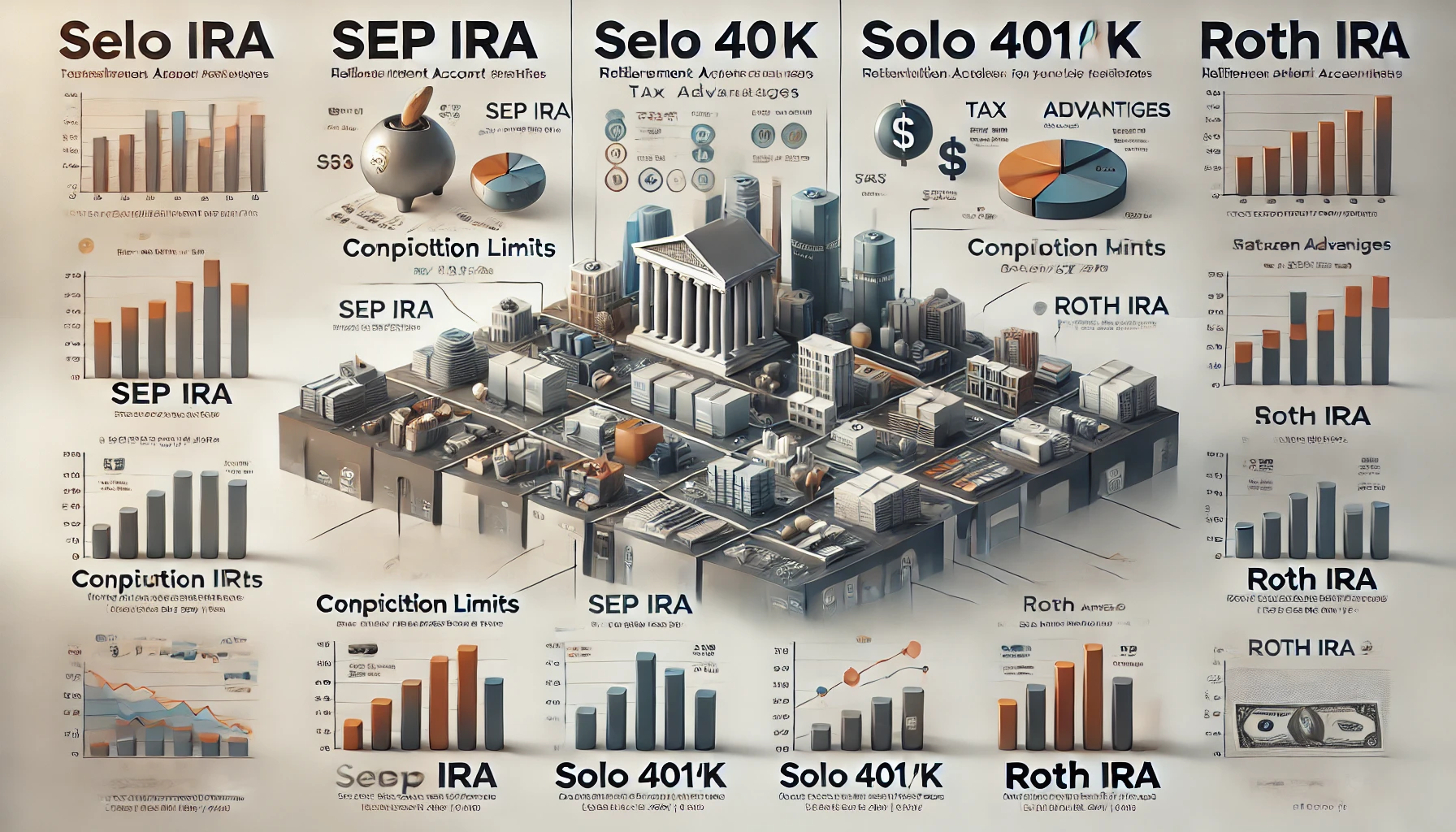Freelancing offers unparalleled freedom and flexibility, but it also comes with unique financial challenges. Without a steady paycheck, freelancers need to be proactive and disciplined in managing their finances. With over two decades of experience in the finance industry, I’ve helped countless freelancers navigate these challenges and build sustainable financial strategies. This guide aims to equip freelancers with practical tools and insights to manage their finances effectively and thrive in their careers.

Understanding the Irregular Income
One of the biggest challenges for freelancers is dealing with irregular income. Unlike traditional employees, freelancers don’t have a predictable paycheck. Here are some strategies to manage fluctuating earnings:
Create a Monthly Budget Based on Your Lowest Income Month
To avoid overspending during high-income months, base your budget on your lowest earning month. This conservative approach ensures you can cover your expenses even during lean periods.
Example: If your lowest income month is $2,000, plan your essential expenses to fit within this amount. Any extra income in better months can be saved or invested.
Build an Emergency Fund
An emergency fund acts as a financial cushion during unexpected downturns. Aim to save at least three to six months’ worth of living expenses.
Example: If your monthly expenses are $2,000, an emergency fund of $6,000 to $12,000 will provide security during slower periods.

Separating Personal and Business Finances
Mixing personal and business finances can lead to confusion and make tax season a nightmare. Keep your finances organized with these tips:
Open a Separate Business Bank Account
Having a dedicated business account helps track income and expenses more efficiently and simplifies tax filing.
Example: Use your business account for all client payments and business-related expenses. Transfer a set amount to your personal account for personal use.
Use Accounting Software
Accounting software like QuickBooks or FreshBooks can help manage invoices, track expenses, and prepare for taxes.
Example: Generate invoices directly from the software, track payments, and categorize expenses for easy end-of-year tax preparation.

Tax Planning and Preparation
Freelancers are responsible for their own taxes, including quarterly estimated taxes. Here’s how to stay on top of your tax obligations:
Set Aside Money for Taxes
Regularly set aside a percentage of your income for taxes to avoid scrambling at tax time. A common rule of thumb is to save 25-30% of your income for federal and state taxes.
Example: If you earn $5,000 in a month, set aside $1,250 to $1,500 for taxes.
Keep Detailed Records
Maintain detailed records of all income and expenses. Save receipts and invoices to support your deductions.
Example: Use apps like Expensify to capture and organize receipts. Keep digital copies for easy access during tax season.

Retirement Planning
Freelancers don’t have access to employer-sponsored retirement plans, making personal retirement planning essential:
Open a Retirement Account
Consider opening a SEP IRA, Solo 401(k), or Roth IRA. Each has different contribution limits and tax advantages.
Example: With a SEP IRA, you can contribute up to 25% of your net earnings from self-employment, up to a maximum of $58,000 for 2021.
Automate Contributions
Automate regular contributions to your retirement account to ensure consistent saving.
Example: Set up automatic transfers from your business account to your retirement account each month.

Continuous Learning and Networking
Staying informed and connected is crucial for freelancers. Invest in your professional growth:
Attend Workshops and Webinars
Stay updated on industry trends and improve your skills by attending relevant workshops and webinars.
Example: Platforms like Udemy, LinkedIn Learning, and Skillshare offer courses on various topics, including finance management for freelancers.
Join Freelance Communities
Network with other freelancers to share experiences, tips, and opportunities. Online communities and local meetups can provide valuable support and insights.
Example: Join groups on LinkedIn or forums like Reddit’s r/freelance for advice and camaraderie.

Conclusion
Managing finances as a freelancer requires discipline, organization, and a proactive approach. By understanding irregular income, separating personal and business finances, planning for taxes and retirement, and investing in continuous learning, freelancers can achieve financial stability and success. Implement these strategies to navigate the financial challenges of freelancing and build a sustainable and rewarding career.